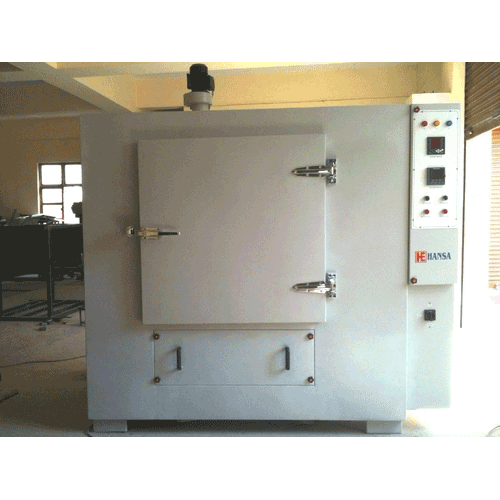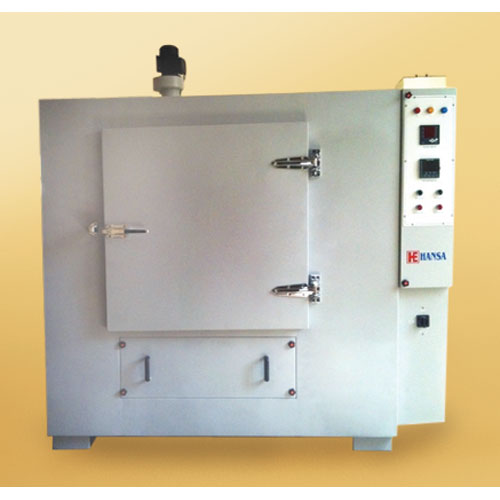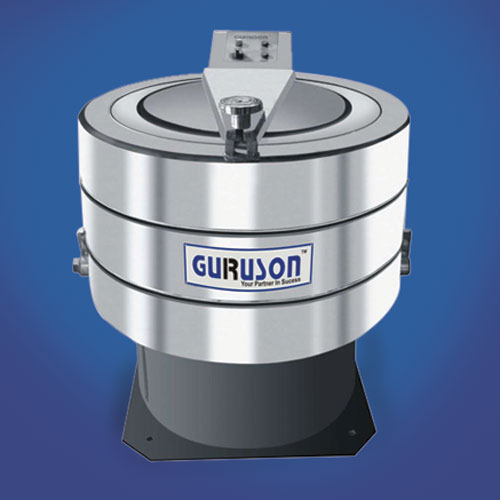Schedule a Call Back
Should Indian govt mandate continuous improvement practices in industry?
 Articles
Articles- Aug 04,22

Related Stories

India’s Expanding Nuclear Ambitions and the Emerging Market for Small Reactors
As India’s Vision 2047 sets a target of 100 GW of nuclear capacity, the government is shifting to distributed nuclear generation by deploying smaller reactors across multiple locations, writes R J..
Read more
India’s petrochemical economy: Opportunities for manufacturing industry growth
With supportive government policies and robust market demand, the Indian petrochemical industry has the potential to emerge as a pillar of industrial self-reliance, write R Jayaraman and T C R Amon.
Read moreAre IIOT sales strategies holding up adoption of Industry 4.0 in manufacturing?
As Industry 4.0 matures, Industrial IOT (IIOT) platforms will be the backbone of digital transformation. But adoption depends as much on how they are sold as on what they deliver, write R Jayaraman ..
Read moreRelated Products

Heavy Industrial Ovens
Hansa Enterprises offers a wide range of heavy industrial ovens.

High Quality Industrial Ovens
Hansa Enterprises offers a wide range of high quality industrial ovens. Read more

Hydro Extractor
Guruson International offers a wide range of cone hydro extractor. Read more















